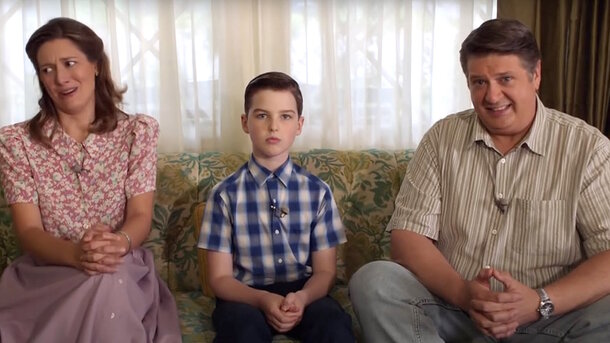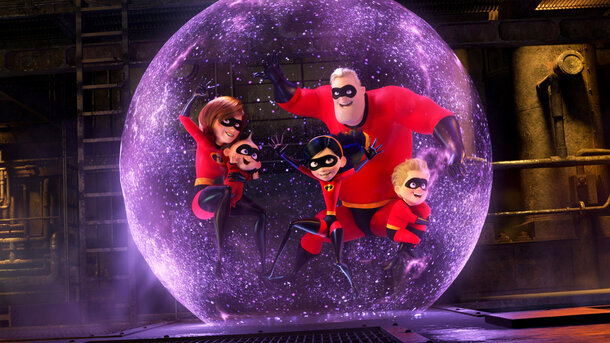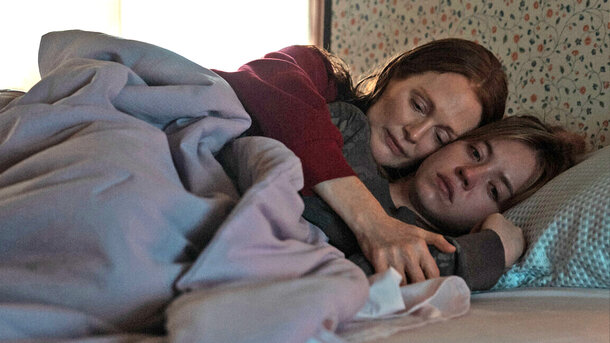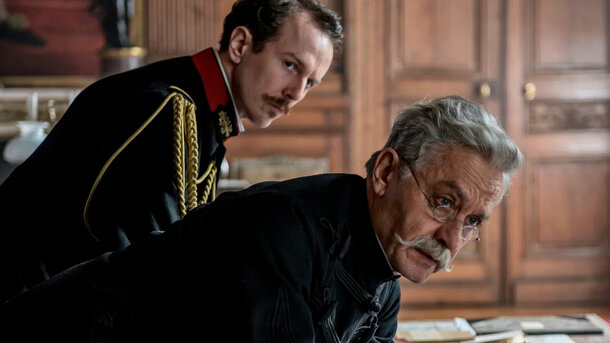When Young Sheldon premiered in 2017, fans of The Big Bang Theory immediately noticed a major difference — there was no laugh track. Unlike its predecessor, which relied on audience laughter to enhance comedic timing, Young Sheldon took a more cinematic, single-camera approach. But why did the creators abandon one of the most iconic sitcom traditions?
A More Personal and Emotional Storytelling Approach
Unlike The Big Bang Theory, which thrived on rapid-fire humor and ensemble chemistry, Young Sheldon is a coming-of-age story with a more grounded and heartfelt tone. The show follows Sheldon Cooper’s childhood in East Texas, exploring his struggles as a child prodigy growing up in a family that doesn’t always understand him. By removing the laugh track, the show allows for more emotional depth, making moments of humor and drama feel more authentic.

Co-creator Chuck Lorre, who was behind both The Big Bang Theory and Young Sheldon, wanted the prequel to stand apart in tone and style. The lack of a laugh track shifts the focus from punchlines to character-driven storytelling, making the show feel more like a dramedy than a traditional sitcom.
A Cinematic and Character-Driven Format
Most sitcoms with laugh tracks, like The Big Bang Theory, use a multi-camera format and are filmed in front of a live studio audience. In contrast, Young Sheldon follows a single-camera format, allowing for more dynamic storytelling, wider settings, and naturalistic performances. This approach aligns more closely with shows like The Wonder Years, emphasizing character development over constant joke delivery.
Actor Jim Parsons, who narrates Young Sheldon as the adult Sheldon, has praised the show’s different tone, noting that it gives audiences a deeper understanding of his character’s upbringing. The lack of artificial laughter also allows for subtler comedic moments that might feel forced with a traditional laugh track.

A Risk That Paid Off
Though some Big Bang Theory fans initially found it jarring, the decision to omit a laugh track helped Young Sheldon carve out its own identity. The show became a ratings success, praised for its storytelling, humor, and heartfelt moments. It has since become one of CBS’s most popular sitcoms, proving that sometimes, breaking tradition leads to a winning formula.
By forgoing the laugh track, Young Sheldon took a bold step in redefining what a sitcom could be, blending comedy with heartfelt storytelling in a way that continues to resonate with audiences.











